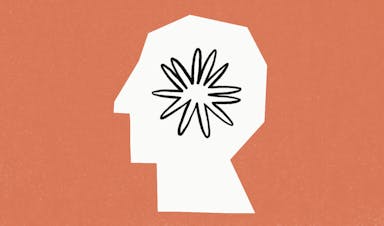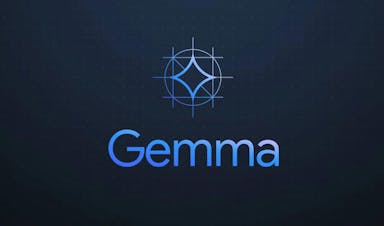The fall of Roam
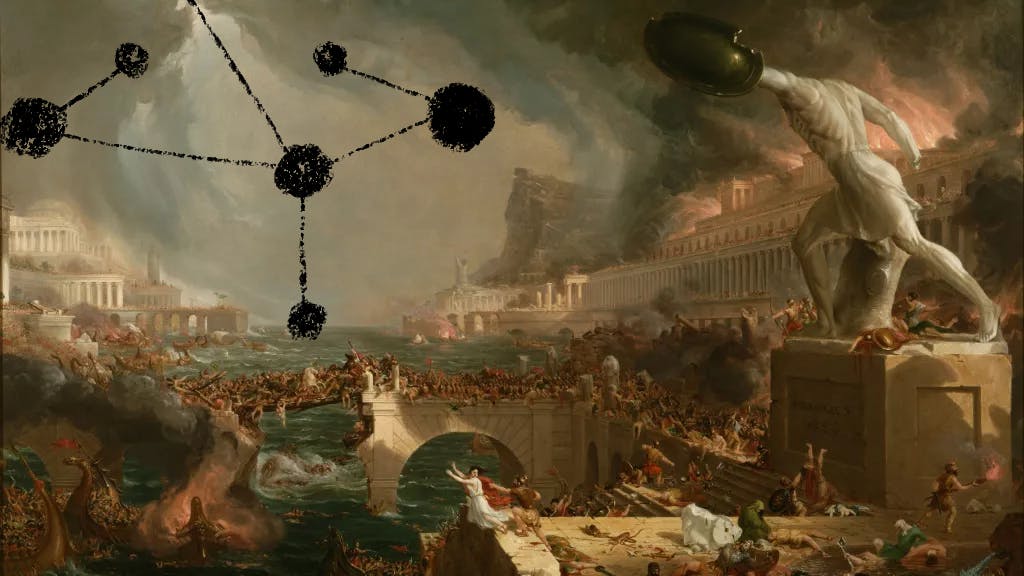
I don’t use Roam anymore. Why?
Dan Shipper is an entrepreneur, writer, and the co-founder and CEO of Every, a bundle of business-focused newsletters, founded in 2020. Find him on Twitter: @danshipper. This post was co-written by Dan and Kieran O'Hare.
I used to use Roam every day, but I don’t use it much anymore. Based on what I can see on Twitter, and a casual survey of friends, I don’t think I’m alone.
A year ago, the idea of networking our notes with bi-directional links became the biggest thing in the tools for thought space since Vannevar Bush described the memex. Top-down hierarchies and tag systems became the pet explanation du jour for everything that was wrong with note-taking. So we all hustled on to the Double-Bracket Express determined to build our own networked knowledge graphs. But where did we actually go? At least for me—and most of the people I know—we got a garbage dump full of crufty links and pieces of text we hardly ever revisit. And we feel guilty and sad about it.
This is an excerpt from a Every.to.
Read the full story here.
Comments (12)
Deej Tulleken
Marketer, Maker, NFTs.
Tem Nugmanov
productivity magician 🪄
Deej Tulleken
Marketer, Maker, NFTs.
Anna Filou
Geek, Designer, Illustrator, Web Dev
Melissa McEwen
Indie Dev, Content Strategist
Suhas Gundimeda
Incremental economy. RL, backend.
Simon Heuschkel
Berlin based product manager
Emmanuel Lefort
Building the Shazam for your Thoughts
More stories
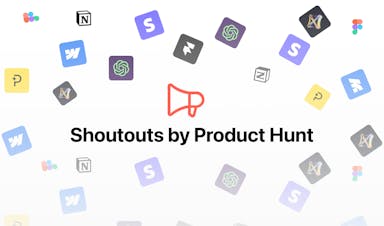
Aaron O'Leary · Announcements · 2 min read
Introducing Shoutouts
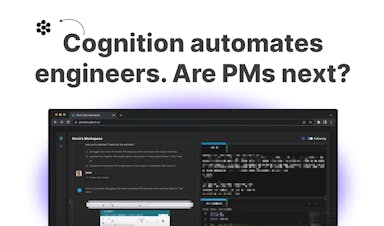
Finn Lobsien · Opinions · 5 min read
Can Devin AI Replace Product Managers?
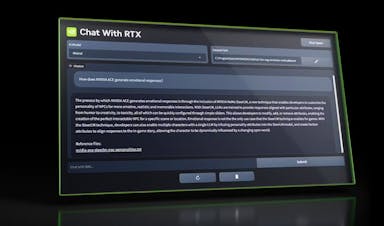
Aaron O'Leary · News · 2 min read
Meet Nvidia's new localized AI chatbot
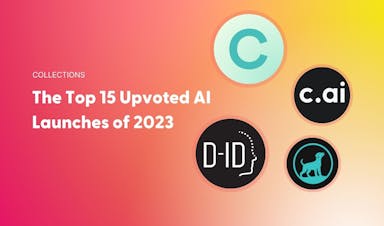
Sarah Wright · News · 2 min read
The top 15 AI products from 2023
